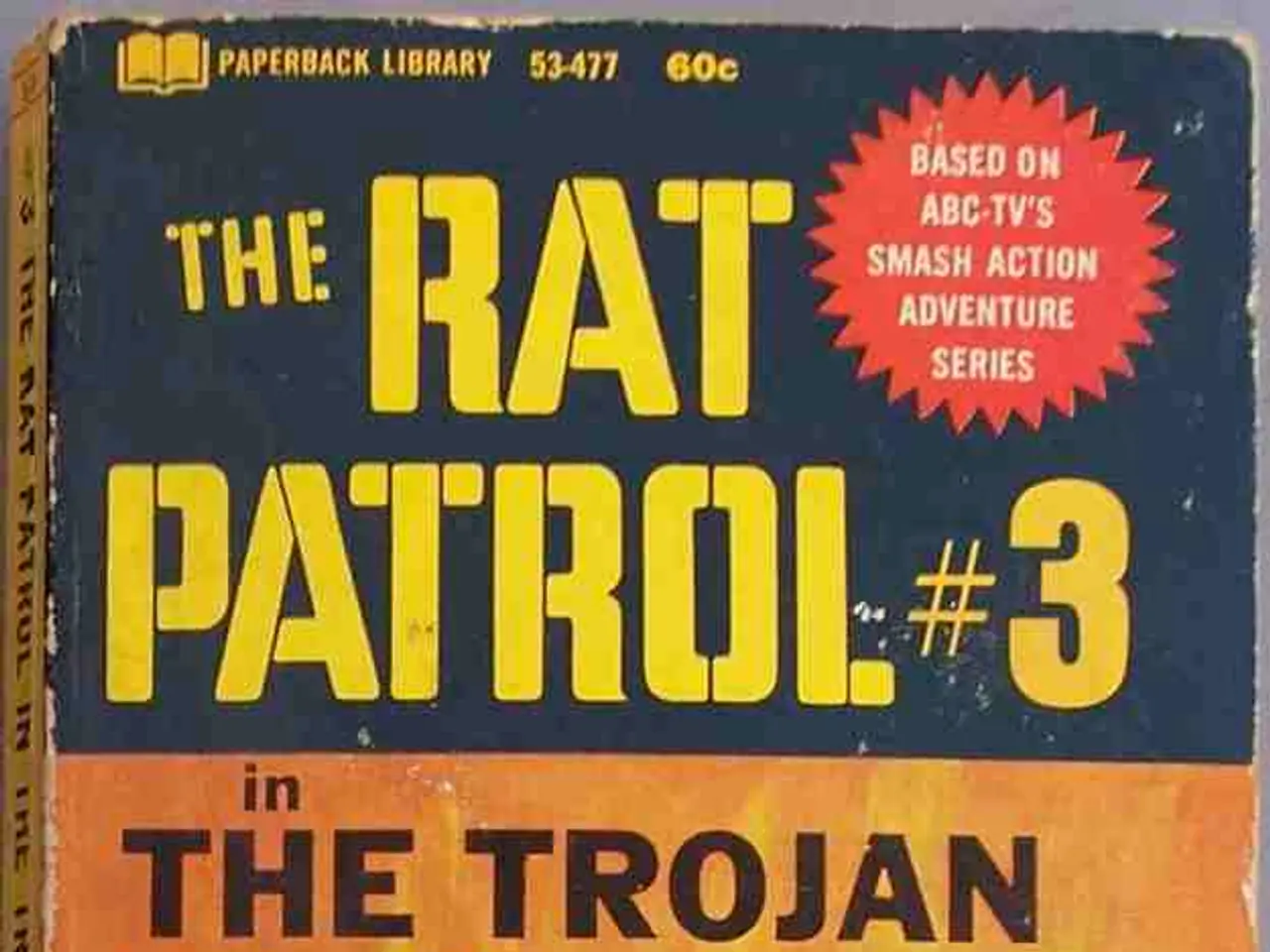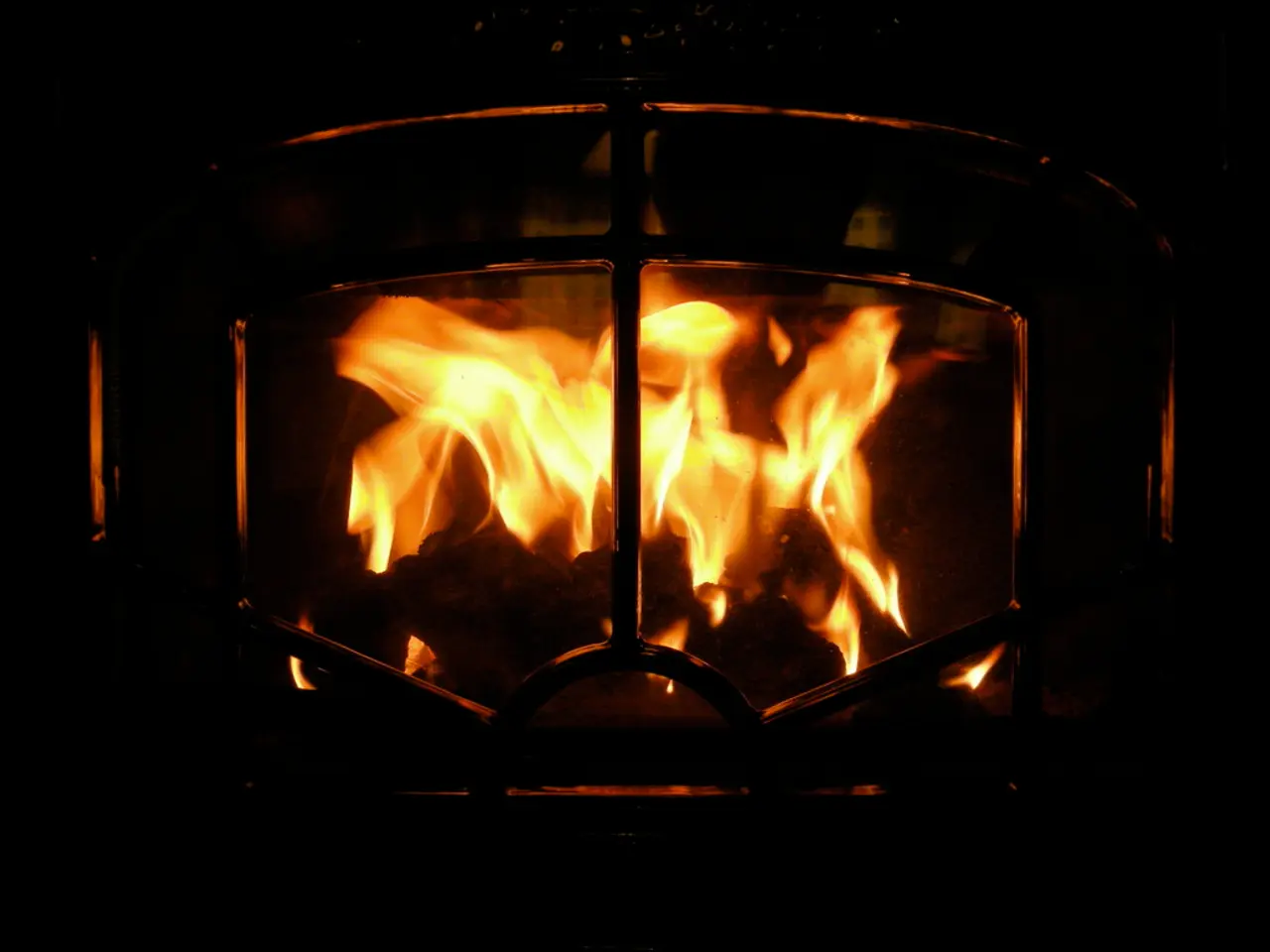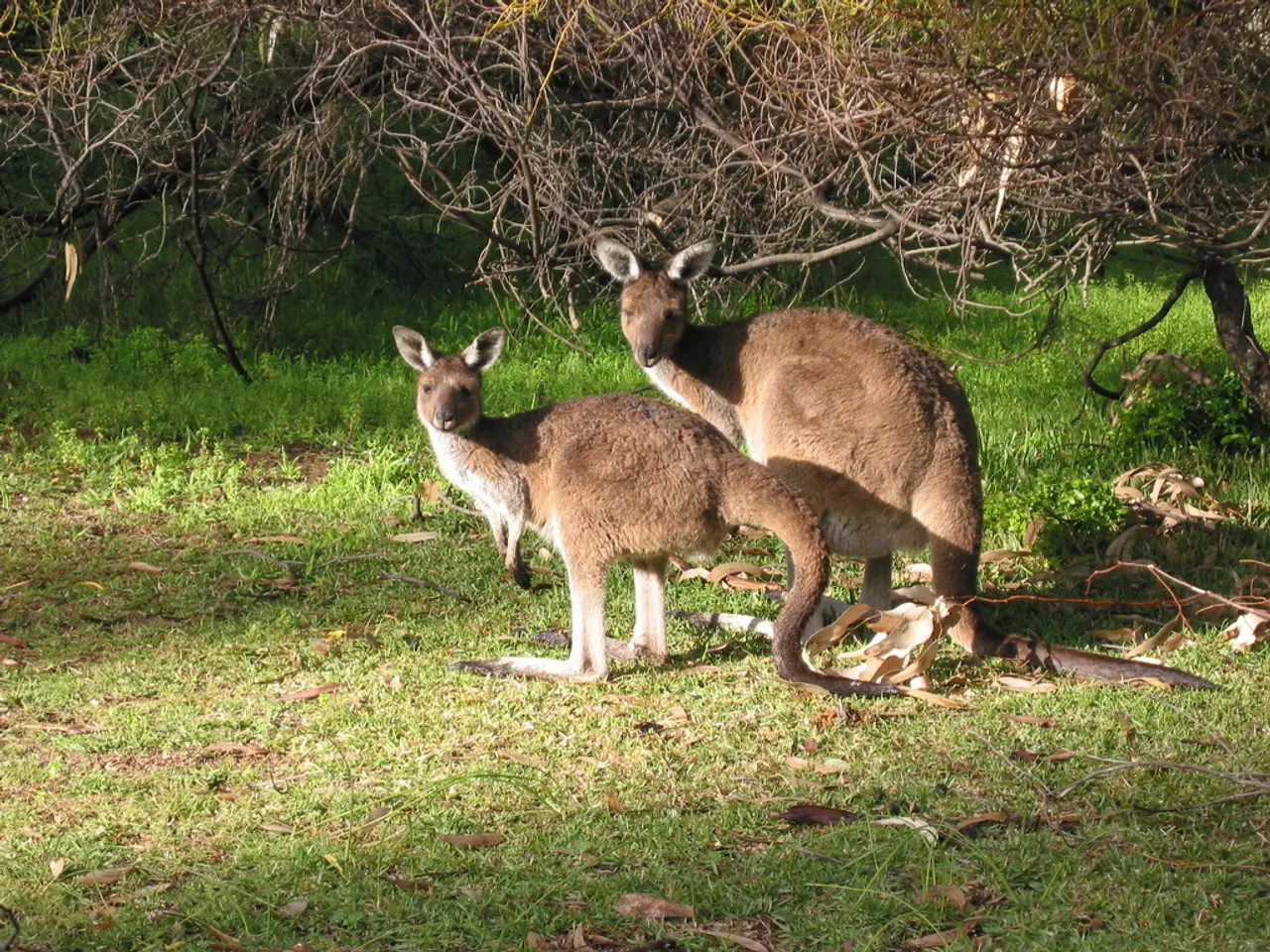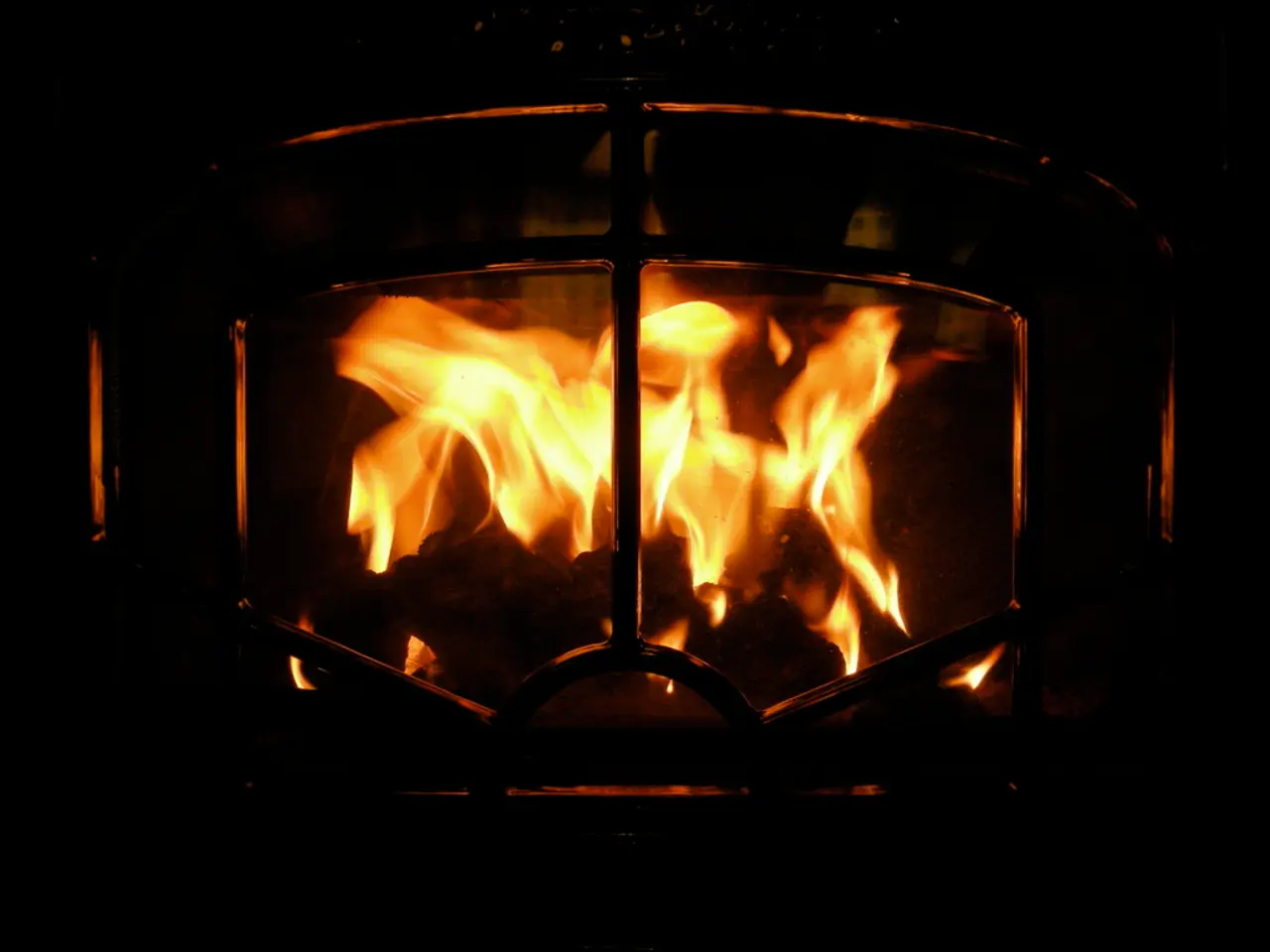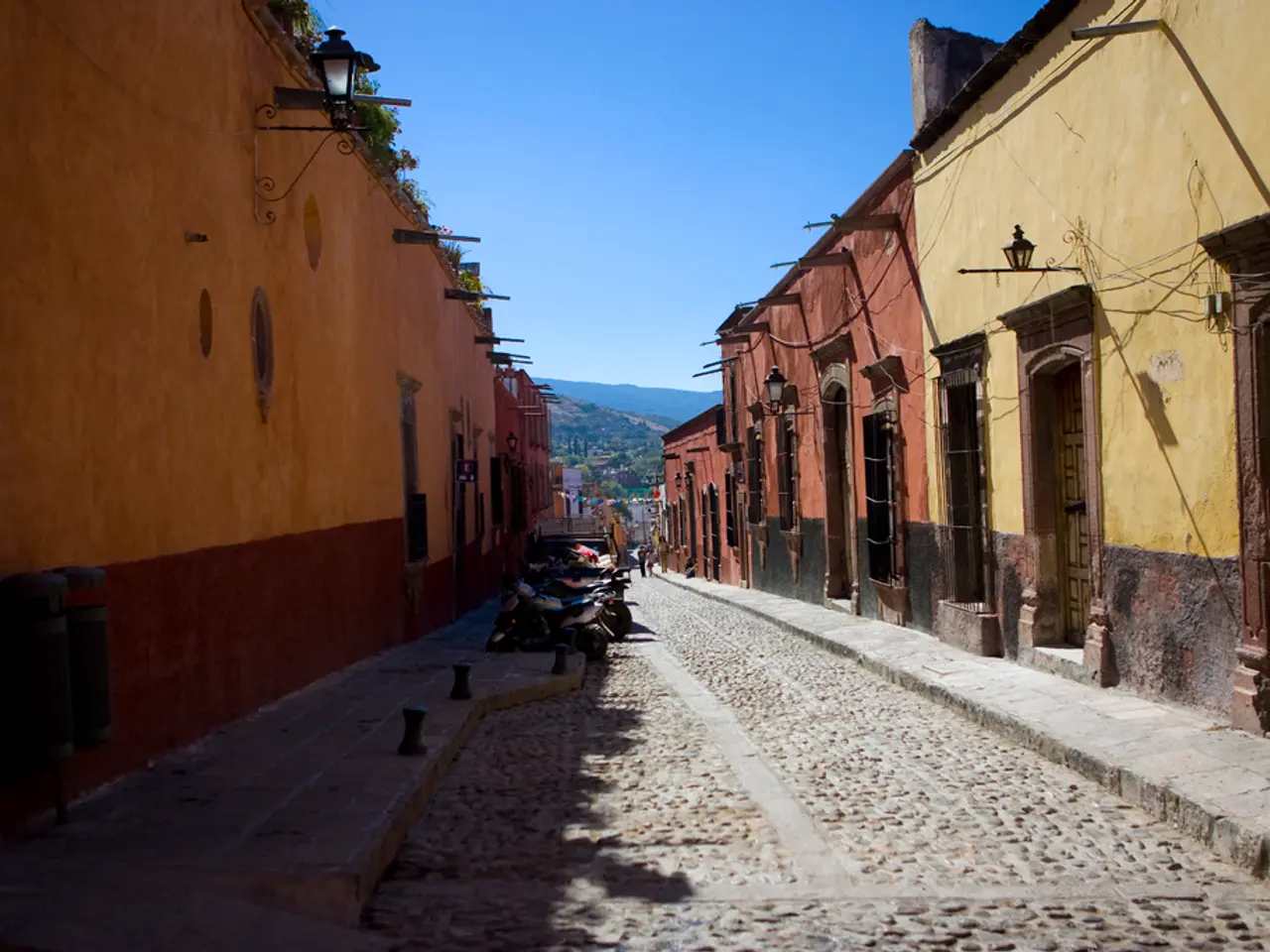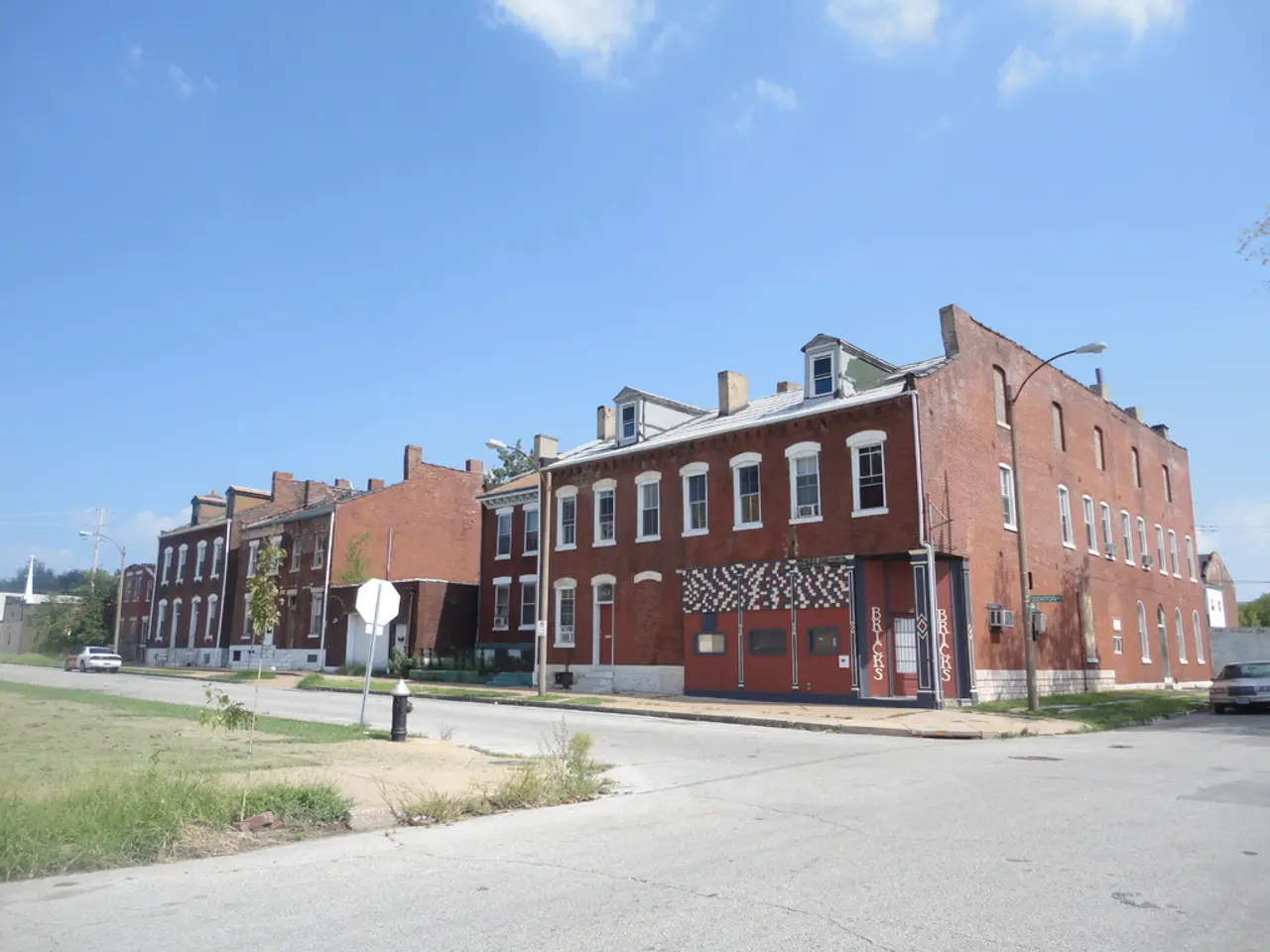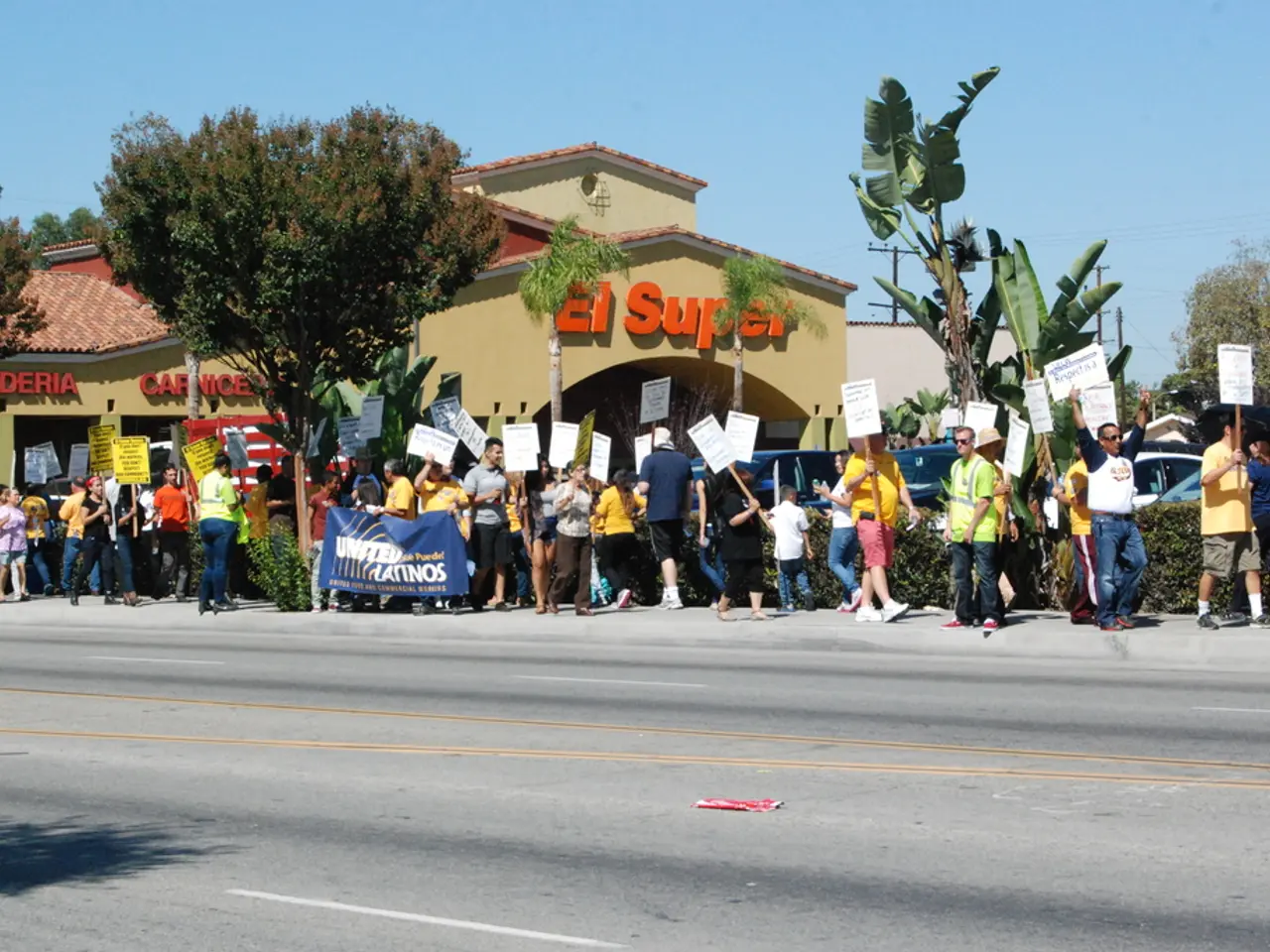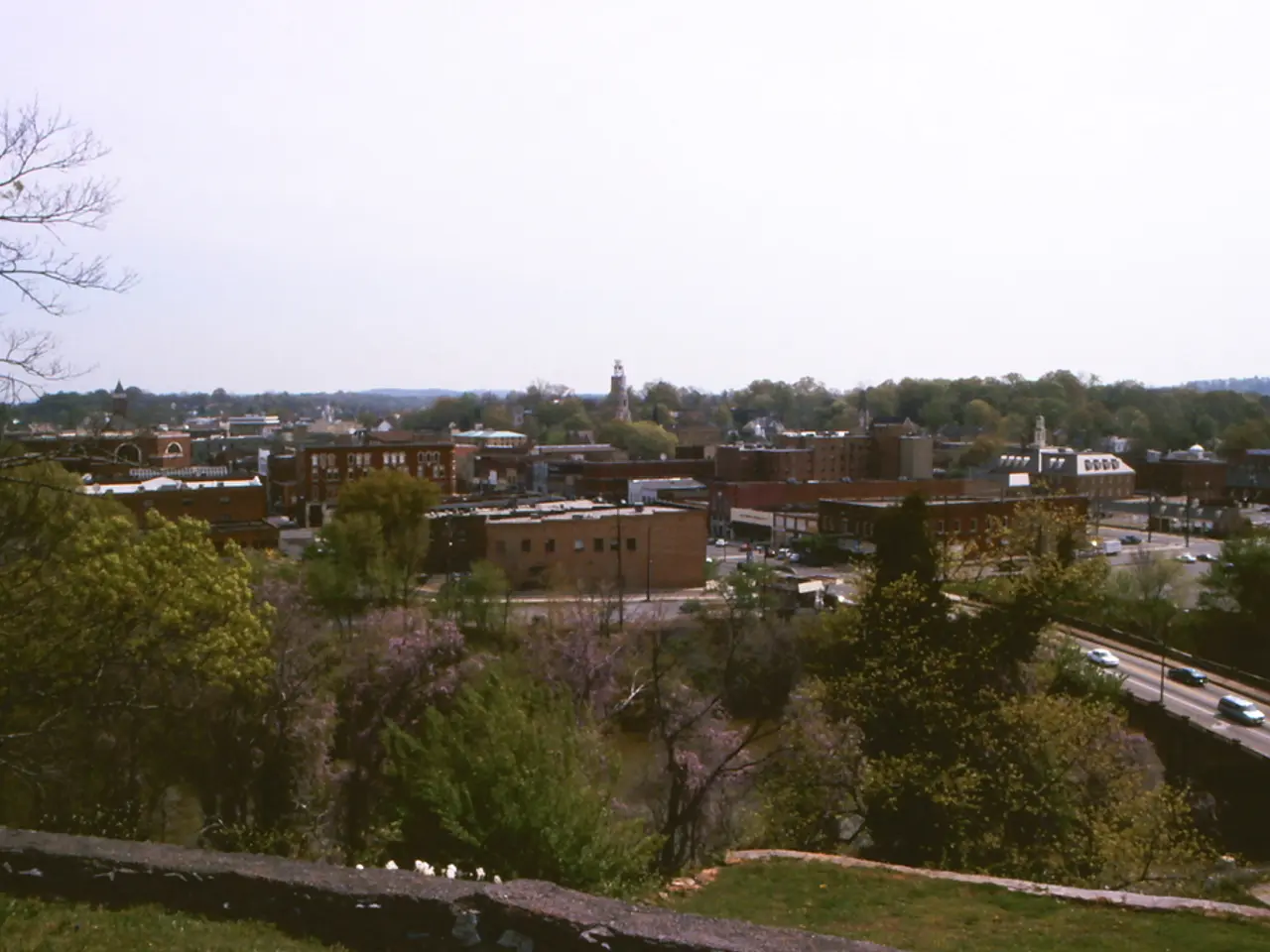Tensions Rise Between Thailand and Cambodia as Thai Officials Warn Escalating Border Clashes Could Lead to War
Thailand and Cambodia are currently embroiled in a heated border conflict, the worst in over a decade, with renewed confrontations rekindling tensions that escalated into armed conflict in late July. The United Nations Security Council (UNSC) has responded primarily through diplomatic and public appeals for restraint and dialogue, without announcing any direct Security Council resolutions or actions.
The UN Secretary-General is closely monitoring the armed clashes at the border, which have resulted in civilian casualties and heightened tensions. There is a strong call for both countries to avoid further military escalation and pursue peaceful dialogue. As of late July 2025, no mention has been made yet of Security Council emergency meetings, sanctions, or peacekeeping deployments related to this conflict in the available information.
The conflict, which involves airstrikes and artillery exchanges over the disputed Prasat Ta Muen Thom temple area, has led to at least 15 civilian deaths and one soldier death, with dozens more injured. Both sides accuse the other of targeting civilians with heavy weaponry. Thailand alleges Cambodia used BM-21 rocket launchers and artillery, while Cambodia claims Thailand deployed cluster munitions.
On July 25, Thailand and Cambodia engaged in intense cross-border fighting, with both militaries deploying heavy weaponry including artillery, rockets, drones, and Thailand launching F-16 airstrikes targeting Cambodian military positions. The fighting occurred across at least 12 locations near the Preah Vihear and Ta Moan Thom temple areas.
Cambodia has appealed to the United Nations Security Council for international intervention, while Thailand has refused third-party mediation offered by countries including Malaysia and the U.S. The acting Thai Prime Minister, Phumtham Wechayachai, stated that the conflict could escalate into full-scale war if unchecked.
The consequences of the conflict are already profound, with countless civilians displaced from border areas in Thailand, and at least one civilian fatality and thousands displaced in Cambodia's Oddar Meanchey region. International pressure is intensifying to prevent further escalation, protect civilians, and seek a diplomatic resolution.
The conflict springs from a century-old territorial dispute, particularly over sacred temple sites like Preah Vihear, awarded to Cambodia by the International Court of Justice (ICJ) in 1962. With both sides digging in, the risk of a full-scale conflict looms unless immediate de-escalation prevails.
The UNSC's current response appears limited to diplomatic and public appeals for restraint and dialogue, rather than active intervention or resolutions. Despite this, the Secretary-General has publicly expressed concern over the conflict, urging both countries to exercise maximum restraint and resolve their issues through dialogue and good neighborly relations to find a lasting solution.
The UN Secretary-General is urging Thailand and Cambodia to avoid further military escalation and seek peaceful dialogue, given the impact of war-and-conflicts on health, politics, and general-news, as the border conflict between the two countries has resulted in civilian casualties and displacement. The conflict's root causes trace back to a century-old territorial dispute, particularly over sacred temple sites like Preah Vihear, awarding focus on health and politics in the global arena.
